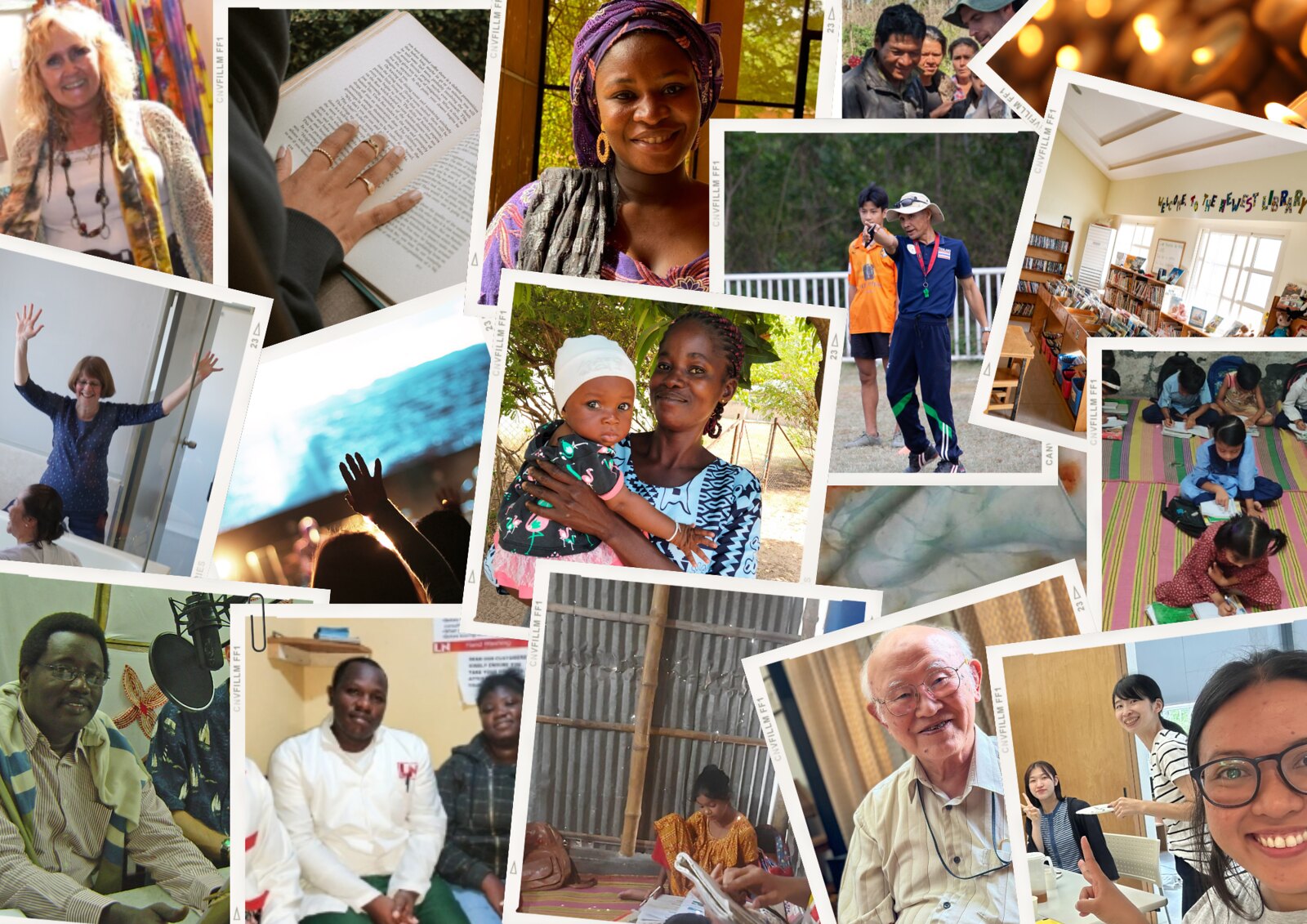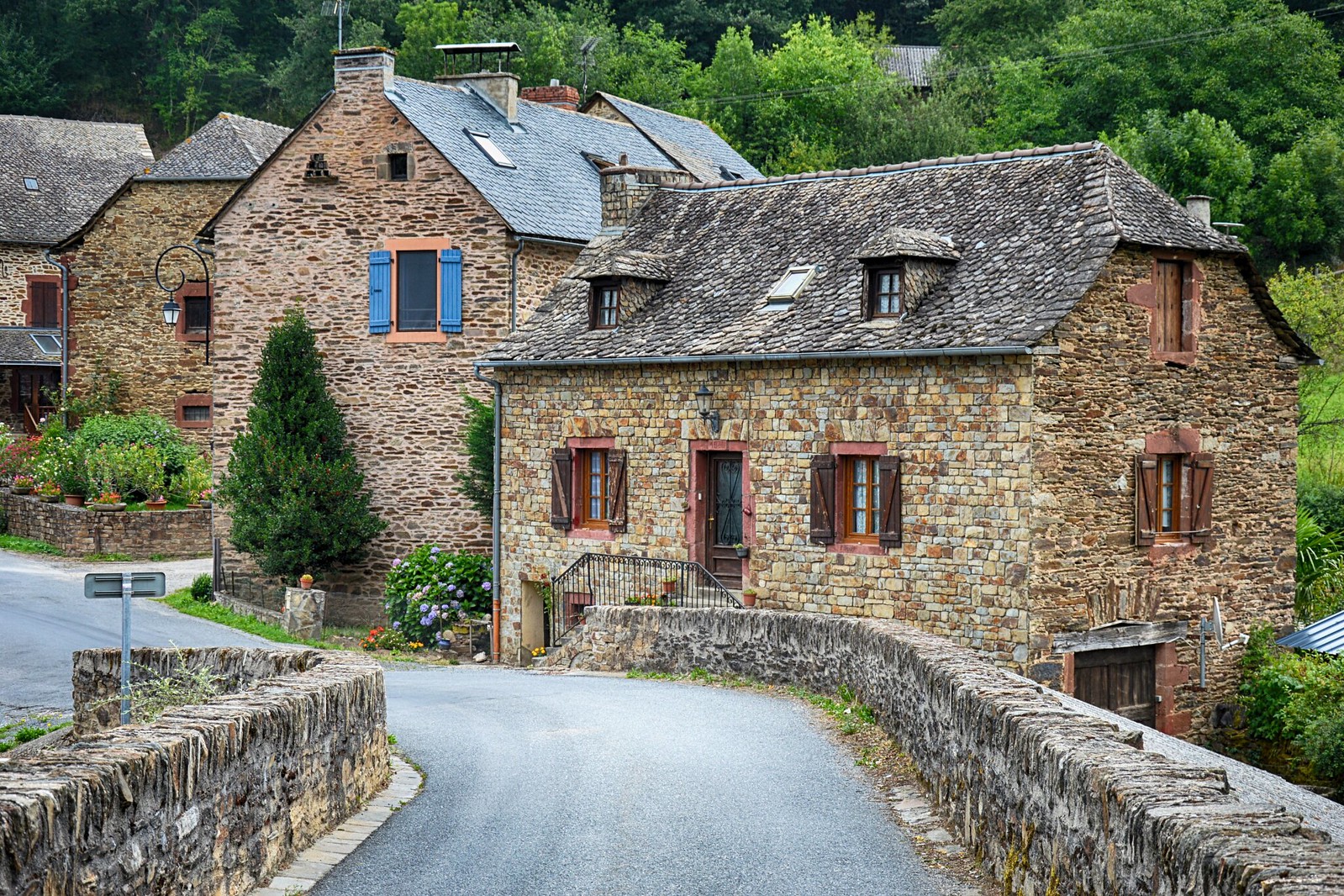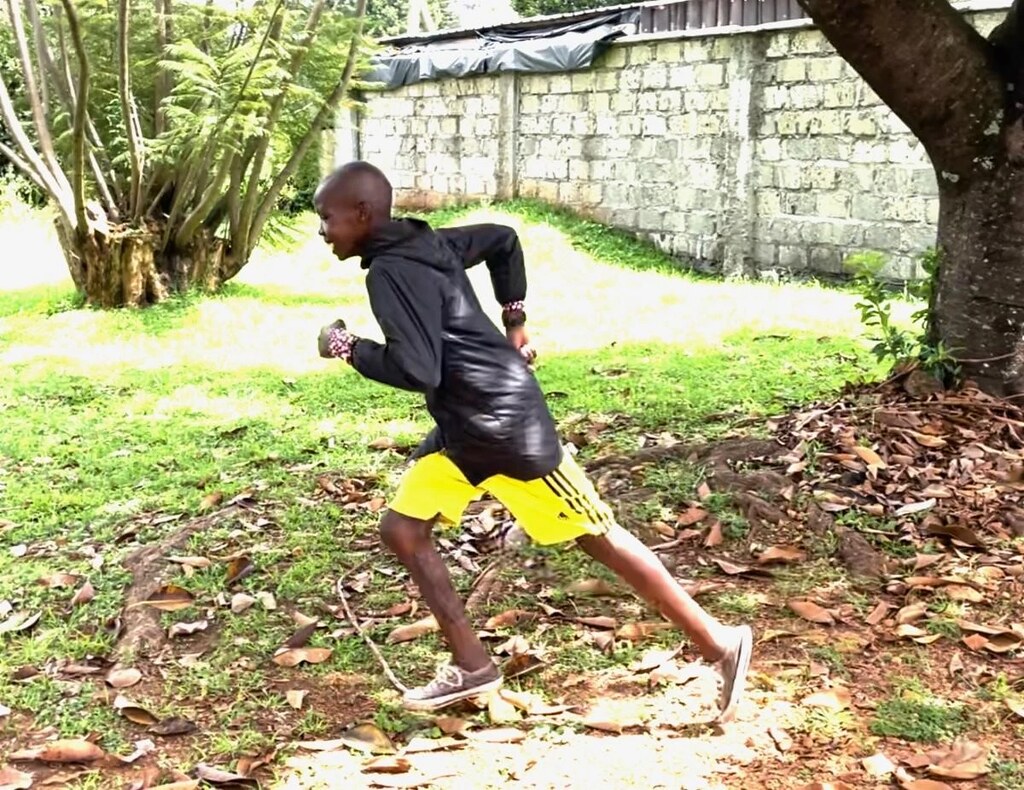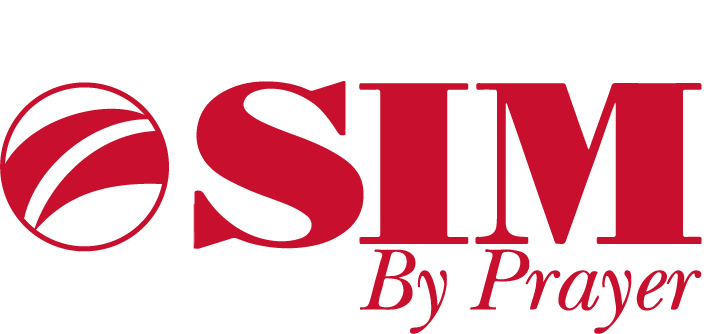Running water today, living water tomorrow
By Amy Bareham Chapman | West Africa

Representative photo by Jainath Ponnala from Unsplash.
It was a scorching afternoon in West Africa. The sun seared down on a team of mission workers visiting two villages near their new home. Peter*, a Faithful Witness mission worker, says their hosts were eager to offer refreshment. And he was all too eager to accept … until he realised the water they poured was yellow-brown in colour.
“I was really parched by then,” Peter remembers. “That is the usual water the villagers drink every day. But I couldn’t take it because I knew I’d get so sick if I drank it even once.” Instead of partaking, Peter listened as the villagers told him their needs. The majority reported stomach issues. Most expressed dismay at a severe drought that occurs every few years and results in famine.
Peter left with a burden on his heart and an idea forming in his mind. He said, “I was thinking, well, what should we do to eradicate this problem, because it’s a cycle.”
Peter drew up plans for a water reservoir that would provide a reliable supply of clean water to both villages. With the help of an SIM area director, he then applied to the Nomadic People’s Network for funding for his project. Around 50 organisations sent in grant applications. Only a handful of projects received support. Peter’s was one of them.
He soon returned to the region with supplies, a plumber, and an electrician. He described “a celebration” as the crew started: “People came out of all their houses, shouting in their traditional styles. The youths met us halfway on their bikes and escorted us to their village. Everyone came out shouting and banging. That was how they welcomed us.”
Another Faithful Witness worker, Andrew*, was there, too. He shared, “They were all so jubilant. I had tears in my eyes, and in my heart I said, ‘Oh, Lord Jesus, how I wish it was you they were welcoming.’” He continued, “Imagine, if the villagers have this much excitement for their physical needs being met, how much more their excitement will be when their spiritual needs are met. They will say, ‘We have actually been thirsty for the living water.’”
As work began on the first reservoir installation that day, the project received lots of attention. The Faithful Witness team gathered to pray over the work, and many of the Muslim locals asked each mission worker to pray in his or her tongue.
Peter recalled, “The villager would say, ‘Now you pray in French, now you in English!’ Their language is Arabic, so I don’t know if they understood the prayers or not. But the elders like to hear us pray. And I was surprised that when we finished, they shouted, ‘Amen, amen!’
“I was so fascinated by that. I’m sure the Spirit is working in their hearts.”
Everyone did their part to help, with the villagers digging, collecting sand, and moving gravel. “That is the joy of coming together,” Peter remarked.
Throughout the process, Peter prayed and asked God for guidance on where to place things. “I’ve never worked on a project like this before.” Typically, Peter explained, villages will install solar panels at the bottom of water pumps. But he decided to install them higher up, where nobody can tamper with them. Another Faithful Witness worker, Andrew, helped with the installation.
Today, this village consistently has safe, running water. The site of the second pump installation has proved more challenging. In fact, it’s known among the Faithful Witness team by the Arabic word for “problem.” They take extra precautions and pray especially hard when interacting with the village, which is a community divided. Two different groups serve two different chiefs who never speak.
Peter shared, “In the midst of the work, there were loads of problems because the devil has his own work to do. The second day, our truck got stuck in the mud and delayed us a whole night. Then, as we were drilling water, the machine got broken and we couldn’t drill further. We installed the water pump, and it was broken in just two days.”
Peter wondered if he could use the broken pump as an opportunity to get the two chiefs talking. Although solar pumps are expensive, Peter had funds for a replacement; he wanted to learn the chiefs’ hearts by asking them to contribute something, no matter how small. “Our project isn’t just about water,” he told them. “It’s about reconciliation.”
The chiefs were unmoved. But the women saw reason. After all, Andrew explained, they are the ones who have to fetch the water, not the men. They often walk over five kilometres with donkeys just to fill their buckets – and they’re laboring that hard for parasitic water, not clean water. The women came forward and said, “Do not listen to the men; they won’t work together right now. Just listen to us … we’ll collect whatever it is you need.”
Of this situation, Andrew said, “It was really humbling for me. Sometimes, we think we have all the answers, but the solution came in a way we didn’t anticipate. The women understood the need for diplomacy and compromise, and they put their children and health first.”
When the water pump was finally in place, Peter asked if the chiefs would like to be the first to test it out. They refused. Peter invited the wives of the chiefs instead.
The pump doesn’t always produce steady water, so Peter and his Faithful Witness team continue to pray for restoration and provision in the village. Peter said, “We have not finished yet. This project helped us break the ice for the community, so we can go inside and see the realities of the village.
“We said we are not an organisation that will build and leave and go. We said we will come, we will rest with you, build with you, and we will be together.”
Peter tailored his funding request around community development, so he can apply to the Nomadic People’s Network for support with more than just water sanitation. Next on his project list: healthcare and nutrition. The village has limited access to transportation, and there is no hospital nearby. Whether you have a dislocated bone or a severe illness, you’re likely walking as long as it takes to find medical treatment.
In the meantime, the Faithful Witness team can help with hygiene. Peter noticed many of the villagers working on the pump installation had long, black fingernails. He was alarmed because it is customary for the villagers to eat with their hands. He brought out his nail clippers and called some people over. Before long, a line had formed. “It was just cutting nails,” he laughed, “but they were like, ‘Wow!’”
Eventually, Peter would like to teach his neighbours how to garden more efficiently. They eat mostly rice, noodles, and meat. But with fresh water, they could start growing green crops.
Of course, word has spread, and new villages are approaching the Faithful Witness workers asking for their own clean water. Peter and Andrew believe God is using the pumps as tools to open people’s hearts to the gospel, and they are thrilled to be involved. In West Africa, Isaiah 43:19 seems especially pertinent: “Behold, I am doing a new thing; now it springs forth, do you not perceive it? I will make a way in the wilderness and rivers in the desert.”
Please pray with us
• Pray that God opens the hearts and minds of the villagers as Faithful Witness seeks to share the gospel.
• Pray for unity between the two groups of the divided village. Ask God to give Faithful Witness wisdom and protection as they work in this environment.
• Pray for financial provision for Peter and Andrew who need more support for their mission work.
*Names changed.
Related stories

In Carrie’s classroom, Jesus is shaping hearts and minds for his kingdom
When mission workers with young families leave their home country, a major concern is how their children will get on. While the parents are out serving, the kids need stability, education, and spiritual nurturing. That’s where teachers like Carrie come in. Originally from Kansas, Carrie now teaches at a mission school in Liberia, part of Dakar Academy in Senegal, shaping young hearts and minds for God’s kingdom.

What might God do in 2025?
As we step into 2025, there is a sense of excitement and expectancy among those serving in mission work worldwide. From remote villages to bustling cities, SIM’s Entity Directors are preparing for what lies ahead, trusting God to bring transformation and hope to unreached and underserved communities. To gain insight into their vision and prayers for the year, we spoke with leaders across the globe about their hopes, challenges, and how the global Christian community can pray and support their work.

How the local church in France adapts to secularism and a changing society
France is a country of contrasts: rich in history, arts, and culture. Yet, as French native Vincent, Head of Communications for SIM France/Belgium, explains, it is also a nation of deep spiritual need. Things are starting to change, though. There is a growing openness to faith and a pressing need for mission work.

